Mission & Organization
IFToMM enjoys bounty harvests from a very rich scientific international community with Technical Committees working on specific areas of research, Member Organizations promoting activities in their own region, and Permanent Commissions taking care of enduring aspects of the Federation. This has generated ample boosts in science excellence, personal cooperation, and links between society and technology.
Individual yearly reports of MOs, PCs, TCs and CDGs can be found under yearly reports MOs, PCs, TCs and CDGs .
As a supplement to these constitutional bodies, IFToMM has created the new organizational entity of “Cross Disciplinary Groups”, which are platforms where groups of researchers with common interests can socialize within IFToMM independently of the research areas and across Member Organizations and without the load of formal institutional structures.
The leading idea of Cross Disciplinary Groups is to have lightweight organizational structures that can develop dynamically and overlap “horizontally” with all prevailing institutions of the Federation. The activities will be focused on identifying common experience in several groups and contributing to wider areas of knowledge, to be aware of the coming issues of future challenge from a broader scope of view, and to attract enthusiastic young researchers as well as active and motivated scientists over the whole spectrum of IFToMM groups.
Cross Disciplinary Groups organize themselves independently and determine the key areas of activity as well as their organizational structure on their own. The Executive Council, trough the President and the responsible person for Cross Disciplinary Groups within the Executive Council take merely the role of supporting, overviewing and accompanying the Cross Disciplinary Groups through their growing phase and their development to a strong and long-lived pillar of IFToMM activities.
At the moment, the Cross Disciplinary Groups are at their offspring period, seeking to attract interested researchers from within and outside IFToMM and ready to ignite their activities. As a start, four Cross Disciplinary Groups have been identified and installed by the Federation, but further can develop as necessity and activity interests arise. The four starting Cross Disciplinary Groups are
- CDG 1: Securing our Future Environment – Air, Water, Energy
- CDG 2: IFToMM Young Faculty Group
- CDG 3: IFToMM Women’s Group
- CDG 4: IFToMM Graduate Student’s Group
The Executive Council decides once a year (at its end-of-year session) on budgets for Summer Schools and Student’s Olympiads for the forthcoming year or later based on a fixed yearly budget chunk, and twice a year with a half-split fixed yearly budget for the Young Delegate Program from all received conference applications.
CDG 1: Securing our Future Environment – Air, Water, Energy

CDG 2: IFToMM Young Faculty Group

CDG 3: IFToMM Women’s Group
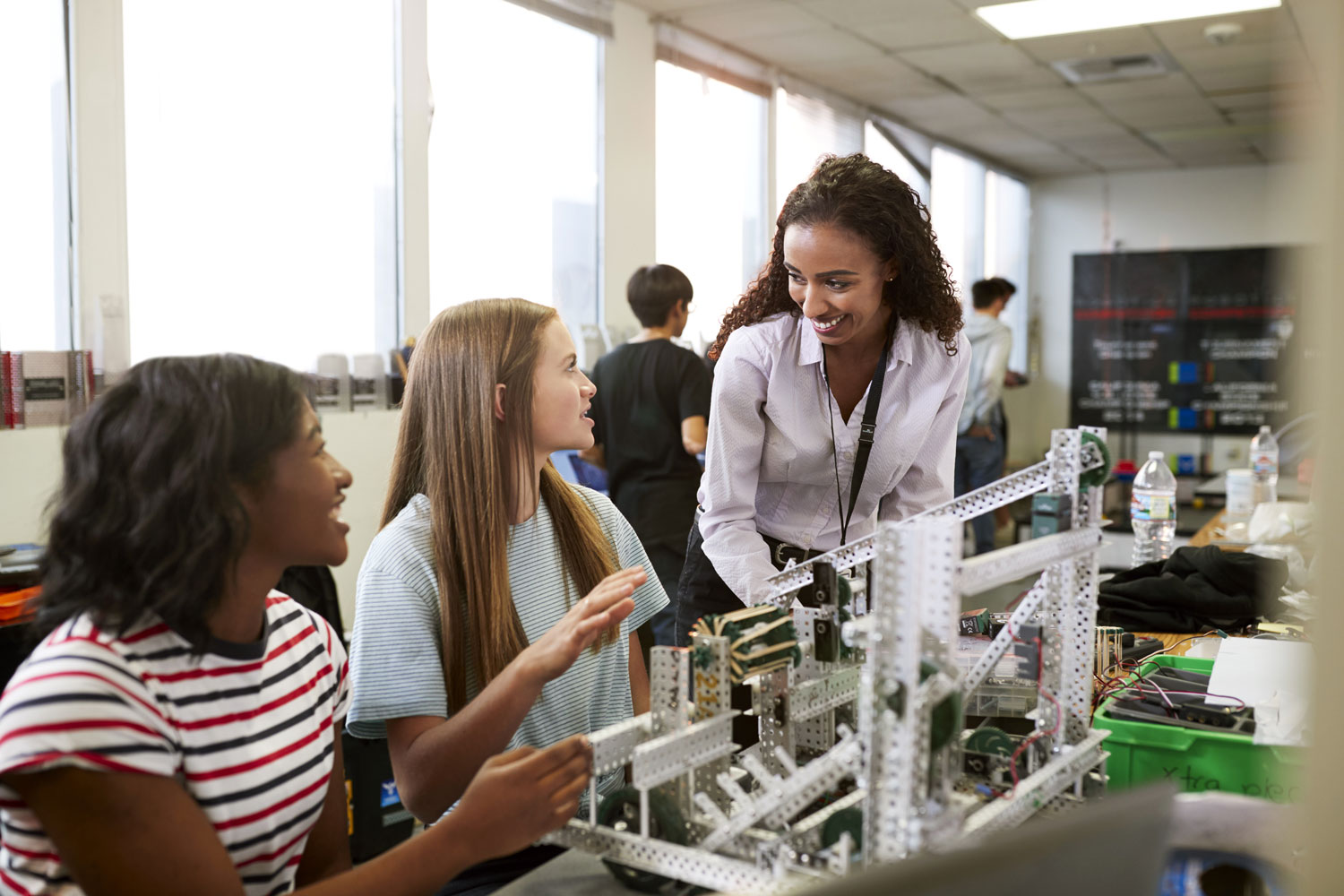
CDG 4: IFToMM Graduate Student’s Group

Latest News

No car? No problem! Multibody dynamics enables cyber-physical tests of ePowertrain motors at Universidade da Coruña
Read full article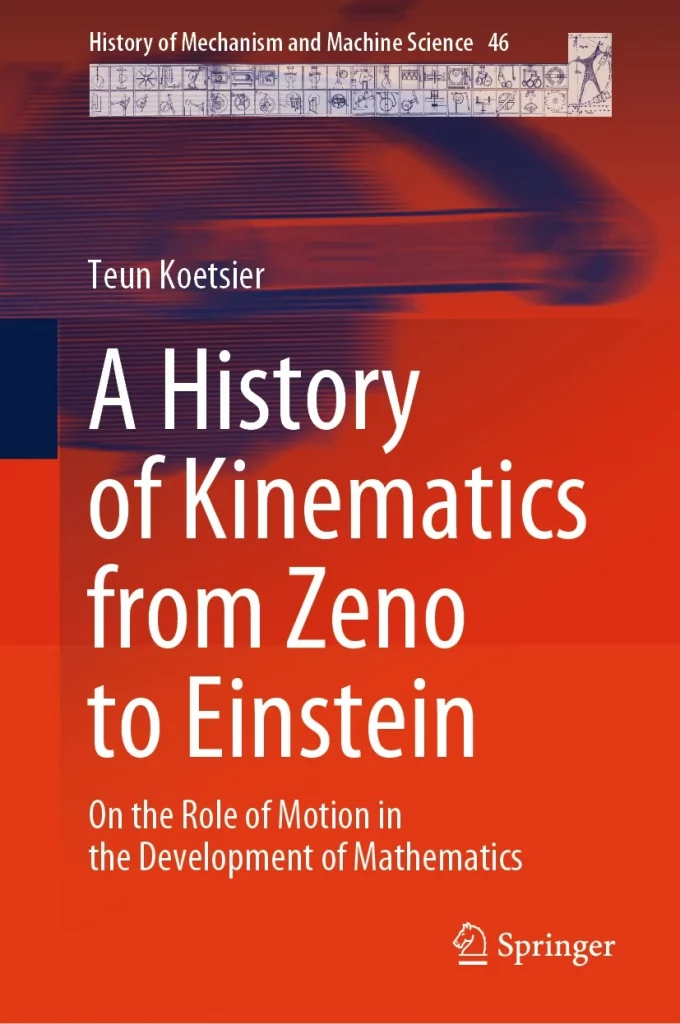
A History of Kinematics from Zeno to Einstein by Teun Koetsier
Read full article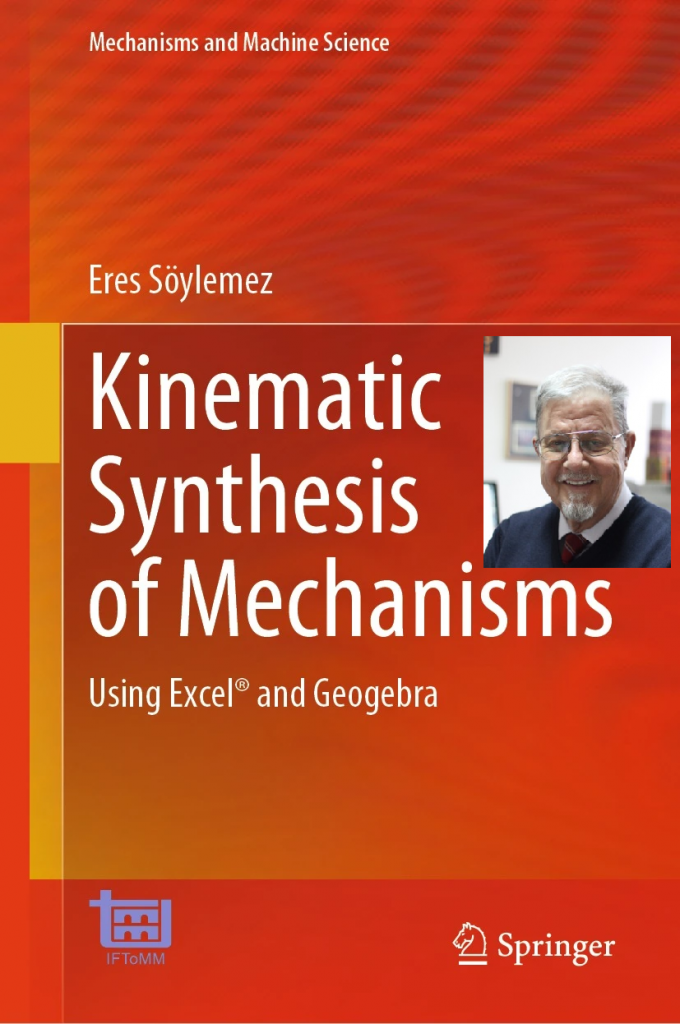
The first Springer MMS series book from MO Türkiye by Prof. Eres Söylemez
Read full article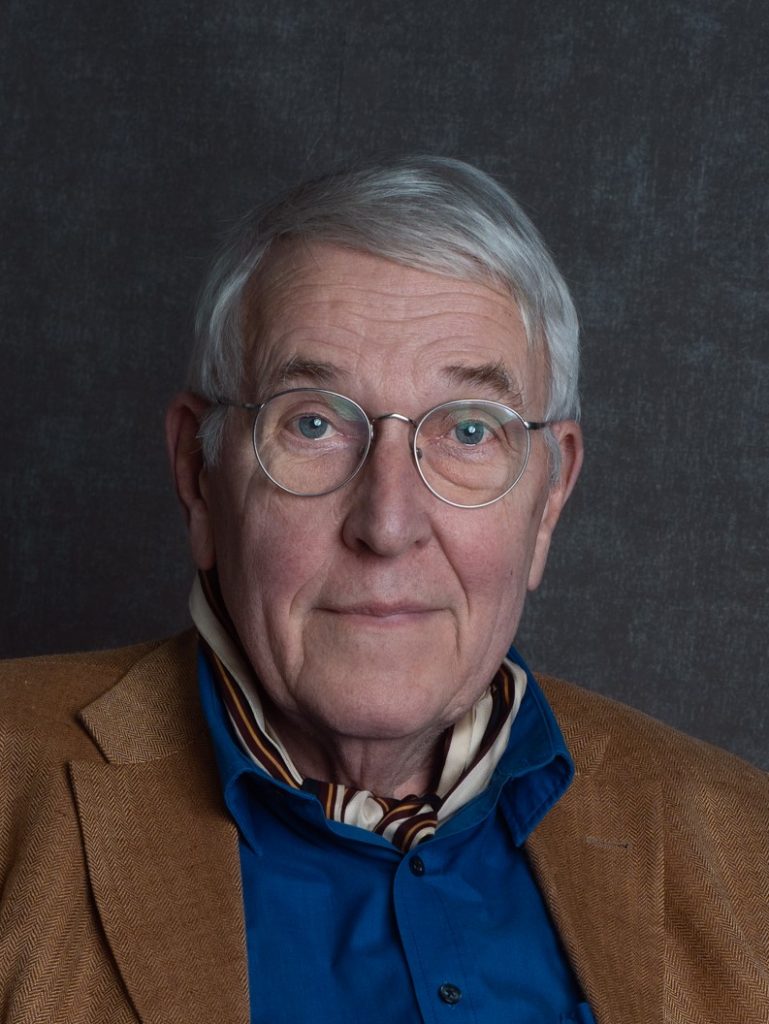
The video of the first-ever IFToMM Webinar by Prof. Teun Koetsier is available for the viewers!
Read full article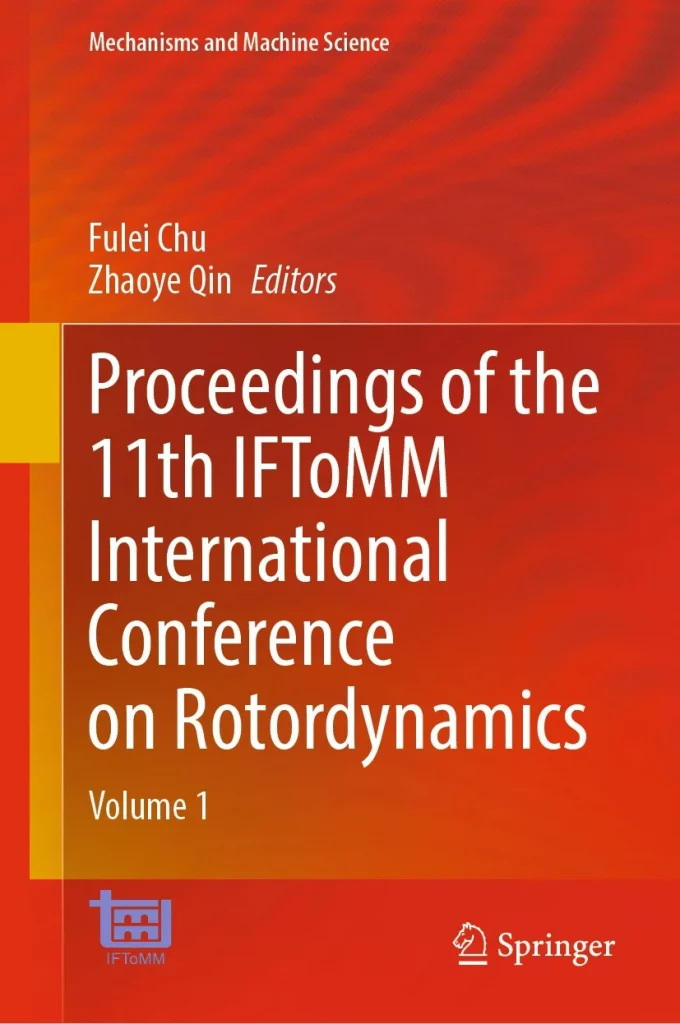
First Free Access to Springer Conference Proceedings – 11th IFToMM International Conference on Rotordynamics
Read full article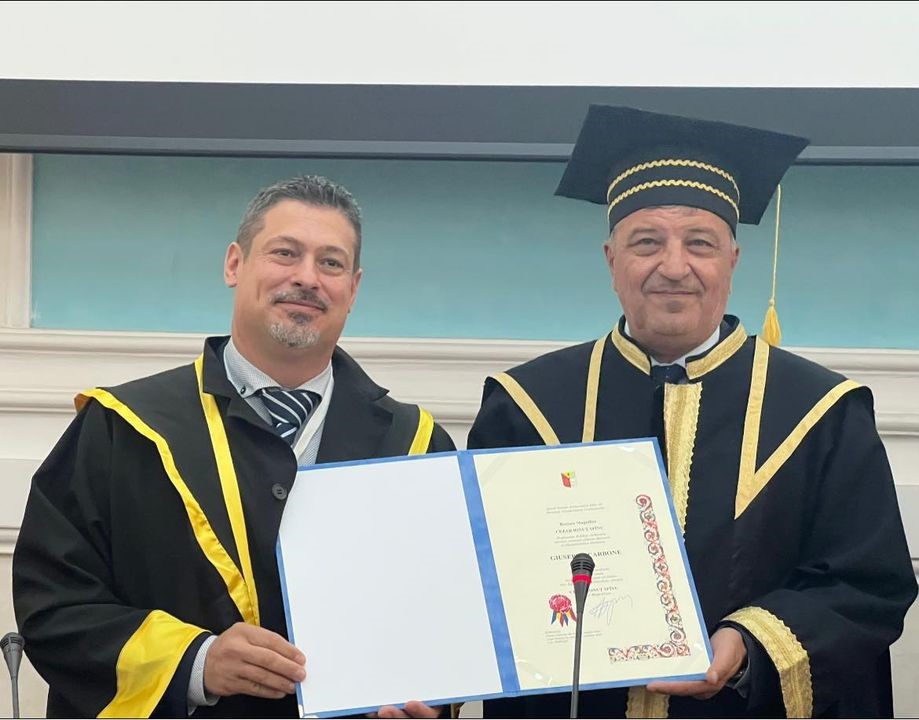
University of Craiova awarded an honoris causa doctoral degree to Prof. Giuseppe Carbone
Read full article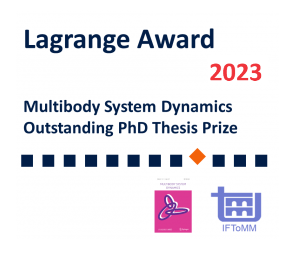
Lagrange Award – Multibody System Dynamics Outstanding PhD Thesis Prize 2023 now open for applications!
Read full article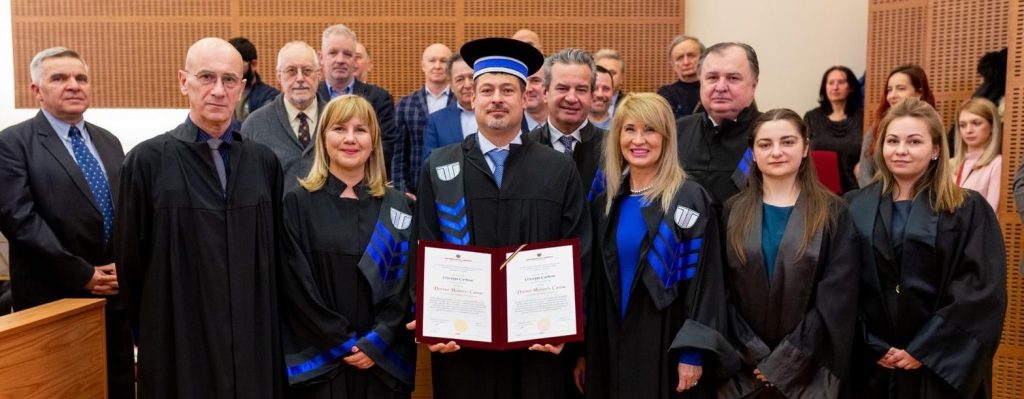
Technical University of Cluj-Napoca (UTCN) awarded the title of Doctor Honoris Causa to Prof. Giuseppe CARBONE (Chair of IFToMM TC on Robotics and Mec…
Read full article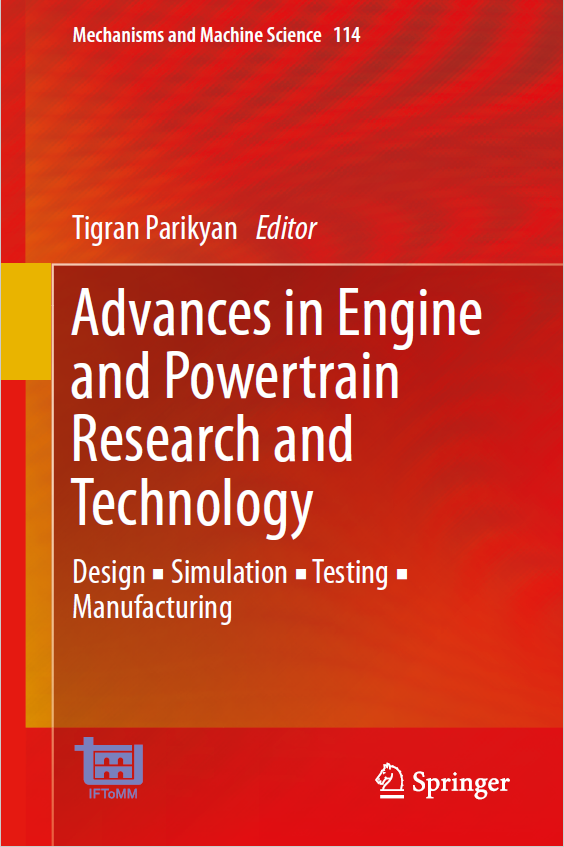


 Find your
Find your